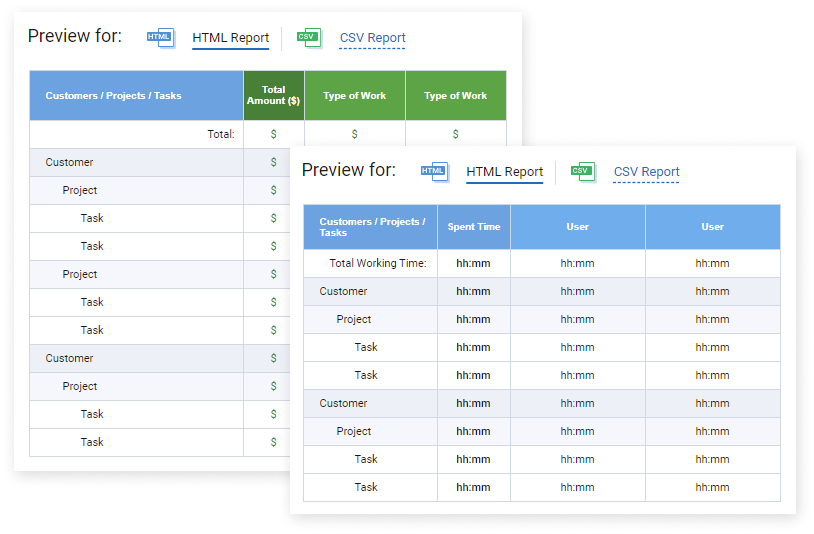
Managing remote teams is nothing new, but it has never been so common. The coronavirus pandemic has changed our lives in many ways, and one of them is the way we work. Many companies have never even considered remote employment as an option before switching to the remote model because now it’s the only option available. This strong trend created by the pandemic in 2020 isn’t going anywhere any time soon.
According to research, the economic decline caused by the pandemic will continue in 2021. Many businesses are facing uncertainty, and it remains unclear when this period will end. Entrepreneurs need to demonstrate high flexibility and adapt to the quickly changing workplace expectations to withstand this crisis. The good news is that remote employment can be not only safe but also beneficial for both employees and employers: 51% of employees report higher productivity when working from home.
At the same time, managing remote teams can be difficult. Leaders should ensure effective communication and set clear priorities, keeping in mind the specifics of remote teams. There’s no surprise that many entrepreneurs feel stressed out, but you can achieve inner peace if you know exactly what to do. We hope that this guide will help you develop a focused approach so that you won’t get discouraged by the challenges of remote team management.
3 Essential Things to Consider When Managing Remote Teams
1. Cybersecurity
First and foremost, you should think about cybersecurity because it becomes one of the main concerns in a remote or hybrid work environment. However, research data demonstrates that many businesses needed to sacrifice their cybersecurity standards to switch to the remote work model. The consequences of a data breach or other security threats can be very serious, including high recovery expenses and damage to the company’s reputation. Therefore, now it’s important for businesses to zero in on cybersecurity issues, protecting critical infrastructure and data.
First of all, it’s important to prevent insider threats. Leaders can do it by ensuring clear and safe communication and by informing their employees about possible threats. You should prevent possible endpoint data loss and monitor initiatives. Along with insider threats, you should think of phishing scams and other types of fraud. Therefore, you must make sure that your remote employees get the necessary training and know how to protect themselves from scammers.
Not only should your remote teams be well-trained, but they should also have the necessary tools to protect their data and yours. For example, you may consider using a reliable VPN service or implementing two-factor authentication. This way, your employees’ accounts will be secure, no matter where they are.
2. Productivity
During this period of economic uncertainty, businesses need their teams to be effective, productive, and creative like never before. Fortunately, if you need to make sure that your remote team is productive enough, you can use various employee monitoring and project management software. You may choose simple project boards where your employees will be able to keep up with deadlines and get the necessary updates. You can even use more advanced software that tracks employees’ keystrokes, app activity, and message frequency.
Another great tool is time tracking software. Solutions like actiTIME enable you to define project scope, assign tasks to the members of your remote team, and record their work hours. actiTIME also enables you to create more agile workflows by using visual Kanban boards and provides lots of useful data on project performance.

Time and cost reports in actiTIME
At the same time, it’s important to understand the difference between activity and productivity. Employee monitoring will provide you with some helpful insights but it won’t ensure a successful outcome. Therefore, the best solution is to implement an outcome-based approach to productivity evaluation.
This way, you will make sure that your employees not only stay motivated but also have clear goals and guidelines. No matter whether you have a software development company or an eCommerce store, you can come up with an effective system of key performance indicators and make sure that employees can also monitor their success.
3. Vitality
The mass adoption of remote work is accompanied by many other factors that can become a significant source of stress and anxiety for both employees and employers. Leaders who adapt to their new role of remote team managers need to take all these factors into account. You may realize that your role became more difficult than ever and that your employees feel stressed because they also need to adapt.
Some of your employees may need to dedicate more time to work than before. They may even unconsciously try to manifest their always-on attitude by increasing the time they dedicate to their work, which in term can lead to a quick burnout. Therefore, it’s especially important to recognize your employees’ efforts and let them know that their work doesn’t remain unnoticed by you.
This is yet another reason why you should put a lot of effort into effective and transparent communication. Without it, you won’t be able to show your compassion and manage your remote teams effectively. Thus, we recommend that you make effective communication your main priority and make sure that it’s based on honesty on both sides.
To decrease the stress level for your employees, make sure to not only monitor their productivity but also set clear goals. Communicate your expectations and make sure that your remote teams have all the necessary sources to meet them. Last but not least, you should keep in mind that a leader sets the tone for the entire team. Even though this is a period of uncertainty and stress, you must demonstrate a positive attitude and confidence when it comes to planning the future of your business.
Managing Remote Teams with Ease
Many entrepreneurs and managers have been familiar with the concept of remote work for many years, but the coronavirus pandemic has made it the only option available for many businesses from different niches. Switching to remote work can be very stressful for both entrepreneurs and employees, but you can achieve inner peace if you consider all the challenges of remote work and set the right priorities.
We hope that our guide will help you manage remote teams with the least stress. As you may have noticed, the main thing is to ensure effective communication and work management. To improve remote team management in your company, consider actiTIME – time tracking and project management tool for businesses. Manage local and remote employees using timesheet approvals and team performance reports, track project health using reports and use leave management integration to manage employee schedules and attendance. Explore actiTIME for free using a free 30-day trial (no credit card required).
The article is contributed to actiTIME by Mary Byrd, a freelance writer with a combination of analytical mind and creativity. She is currently working at the software development company, VironIT, and does everything to climb the career ladder of the blog.











































